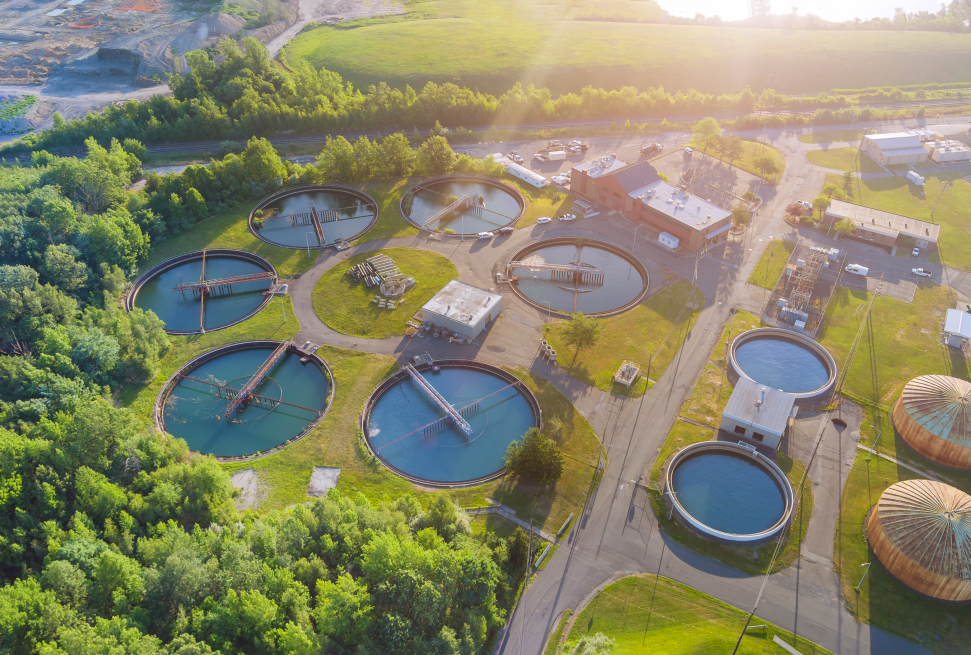
Each year, disasters increase in frequency and severity. Organizations that are not properly prepared are at higher risk of injuries, damage, and loss, creating significant cost inefficiencies and impacting critical services to customers.The Environmental Protection Agency (EPA) requires water and wastewater utilities to update their Risk and Resilience Assessments (RRAs) and Emergency Response Plans (ERP) on a five-year cycle to be compliant with America’s Water Infrastructure Act of 2018.
Launch! Consulting staff volunteered with the American Water Works Association (AWWA) to develop several resilience standards for use by water and wastewater utilities. We also led development of the AWWA Risk and Resilience Certificate Program, which trains utilities and consultants on how to assess risk, develop emergency plans, and become more cyber secure. Our team knows the industry guidance inside and out and is uniquely equipped to ensure every utility meets requirements while truly increasing the resilience of staff and infrastructure!
For systems that serve a community of 3,300 people or more, it’s time to get started in 2024 to meet the EPA deadlines listed below for RRA updates:
- March 31, 2025 for large systems serving a population of ? 100,000
- December 31, 2025 for medium sized systems serving a population of 50,000 to 99,999
- June 30, 2026 for small sized systems serving a population of 3,301 to 49,999
ERP updates must be submitted within six months of the RRAs, and Launch is prepared to help our clients do both on time and within budget!
From Anchorage to Miami, Launch supported utilities across the country in the last review cycle. Our team of engineering, security, and emergency management experts work diligently with each client’s utility team and community stakeholders to deliver detailed and thorough products that will reduce risk, lower costs, and enhance preparedness. With our help, systems will become more resilient and better equipped to withstand the effects of disasters. Our goal is to make this EPA requirement as easy on our clients as possible. That way, our clients can focus on what they do best: support their communities!
